Published in the Sunday Vijay Karnataka on 19 January, 2025
… Later, when I reflected on it, not setting an alarm was such a simple task for me, but the stress that came with the thought of setting an alarm was unimaginable…
“Bow to God, say thank you, and tell Him the time you want to wake up. He will wake you up. Trust me, you’ll wake up at the exact time. But make sure to pray sincerely and have faith.” This was the golden advice passed down to us by our grandparents and parents. I too received it, and I continue to experience its magic to this day. We don’t have an alarm clock in our bedroom. When mobile phones took over, Sudhir set a 6:15 AM alarm on his phone—just in case. Sudhir, being the cautious guardian of our household, had this backup plan to ensure we wouldn’t oversleep. But honestly, our day begins long before the alarm goes off, as we naturally wake up on time. Faith in God works wonders.
It’s true, isn’t it? Trust plays a crucial role. Who else can assure us that we’ll wake up tomorrow morning? Somehow, setting an alarm feels like a betrayal. Whenever the thought of setting an alarm crosses my mind, a part of me questions, “Don’t you trust yourself? Why do you need an alarm? Why isn’t your body clock adjusted? If you can’t trust yourself to wake up naturally, how can you assure your team of anything? Doesn’t your body listen to your mind? Has the balance between your head and heart been disrupted? Even if not in yourself, at least trust in God.” This internal debate only ends when I decide, “No, I won’t set an alarm; I’ll wake up naturally.” And I do, right on time.
However, there are occasions when setting an alarm becomes unavoidable, and I comply. I recall a trip to London when I had to set an alarm. I was there for just one day—or rather, just one night—to watch the play Chitty Chitty Bang Bang to assess whether it would appeal to our tourists. I took a night flight, reached London in the morning, had a meeting with our associates in the afternoon, attended the play in the evening, returned to the hotel at night, and had a 6:00 AM flight the next morning. I had to leave the hotel at 3:00 AM. With a 5.5-hour time difference between India and the UK during winter, adapting within a day was impossible. The time difference and exhaustion shook my confidence in myself and my faith in God. So, I called the hotel reception for a wake-up call, set an alarm on my phone, and still didn’t feel assured. Since alarms weren’t my habit, I called Sudhir, my savior. “Sudhir, please call me at 8:30 AM Indian time, or ask the hotel to connect to my room.” Laughing at my paranoia, Sudhir agreed, and I finally slept peacefully.
Later, I realized that not setting an alarm was stress-free for me, while setting one created immense anxiety. For me, waking up naturally is a relaxing process, whereas setting an alarm is deeply unsettling.
On our tours, however, providing a morning wake-up call to tourists is a crucial responsibility. My personal theory of “no alarms needed” must be shelved because of time differences and travel fatigue, which can completely disrupt one’s body clock. My unfounded pride in being immune to jet lag was shattered during my first visits to the USA and Australia. On both trips, Neil and I wreaked havoc on our tour schedules on the very first day, leading to the realization that jet lag is real and preparation is essential to avoid it.
When travelling eastward to countries like Japan, Australia, New Zealand, Hong Kong, or Singapore—where the morning arrives before it does in India—it’s advisable to start waking up earlier at least a month in advance. Calculate the time difference and adjust by waking up 15 minutes earlier every day. By the week before departure, try syncing your body clock with the destination's time. This ensures a smoother adjustment upon arrival. Morning people find it easier to adapt to eastern time zones, whereas night owls find it easier to adjust when travelling westward.
When flying west to destinations like Dubai, the Middle East, or European countries, start going to bed later and waking up later about a month before the trip. From late March to late October, the time difference between India and most European countries is about 3.5 hours, and for Greece or Turkey, it’s 2.5 hours. In winter, the difference extends to 4.5 and 3.5 hours, respectively. For the UK, it ranges from 4.5 to 5.5 hours. Adapting your body clock before traveling makes adjusting to the new time zone easier.
Another important aspect is adapting during flights. If you’ll arrive during the day, get proper rest on the flight. Inform the flight attendants, “Do not disturb, please.” Conversely, if you’re landing at night, stay awake on the flight. Read a book, watch movies, or keep yourself entertained with pre-downloaded content on your devices.
In the past, a fellow traveller, Ms. Padma Wagh, would bring along clippings from unread newspapers and finish reading them during flights. Being well-prepared is key to staying awake when needed.
To sum up, morning alarms are important for tourists, and our tour managers handle them efficiently. However, there was a time when alarms didn’t exist. Back then, people relied on faith in God, woke up before sunrise, or drank plenty of water before bed to ensure nature would wake them up. Out of curiosity, I once asked Google, “How did people wake up in the morning before alarms?” I learned that the first alarm clock was invented in 1787 by Levi Hutchins, an American who needed to wake up early for work. His alarm was set for 4:00 AM and could not be adjusted. Later, in 1847, French inventor Antoine Redier patented the first mechanical adjustable alarm clock. Experiments with astronomical clocks and other devices had been ongoing for centuries before that.
Astronomical clocks, water clocks, the bells in town squares, factory whistles, all of these were used by people in the past. During our childhood, we heard these factory whistles. When the factory whistles blew, we would say to each other, “It’s this time now.” A Frenchman patented the alarm clock, but mass production of alarm clocks began in 1876 by an American inventor, Seth Thomas's company.
After the Industrial Revolution, being on time for work became mandatory. Similarly, during World War II, waking up on time became compulsory for soldiers, and the alarm clock industry flourished. Today, alarms come in various sounds. However, I feel that one should wake up without needing an alarm. Anyone can wake up to an alarm, but when we are deeply driven by a task, a project, or a goal, we naturally wake up.
After a night’s sleep and rest, the body gets recharged, and the mind wakes up with enthusiasm, saying, “Let’s do better today, something greater than yesterday, and move forward.” If you feel like jumping out of bed with energy in the morning, then we are on the right track. It means there’s a purpose in life, and we can truly say, “We’re looking forward to something more meaningful.”
This is self-management. It’s about evaluating ourselves. Think about it—waking up without an alarm, maintaining good health without needing medication (except for certain illnesses), laughing wholeheartedly without being a member of a laughing club, going for a morning walk without struggling with indecision (to be or not to be), clearing your system in the morning without needing bribes like hot water or tea, progressing without stress or tension, following principles effortlessly, and maintaining mental and physical balance without much effort.
We’ve been blessed with a beautiful life by the Creator, and we should aim to enhance and celebrate its beauty even more.






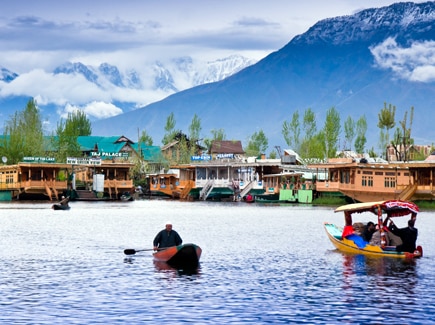
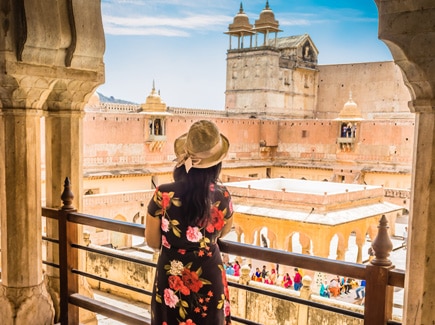
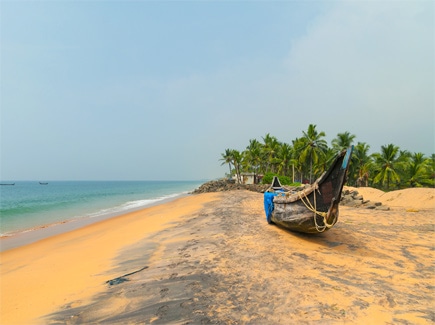
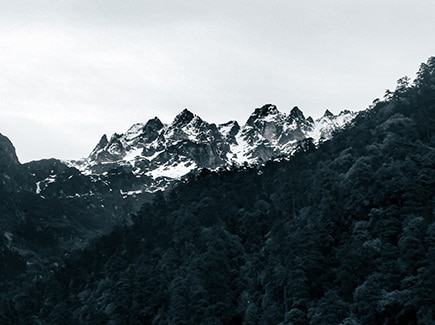
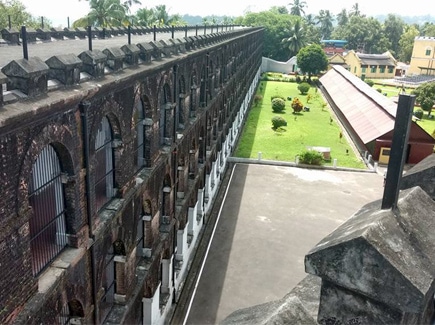
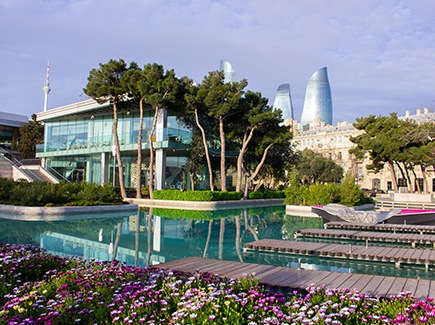
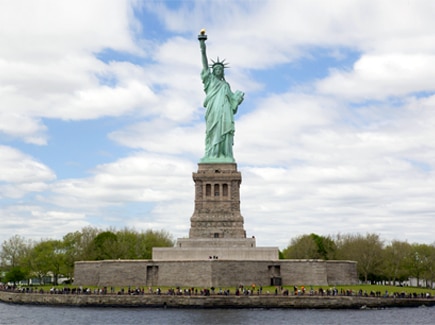
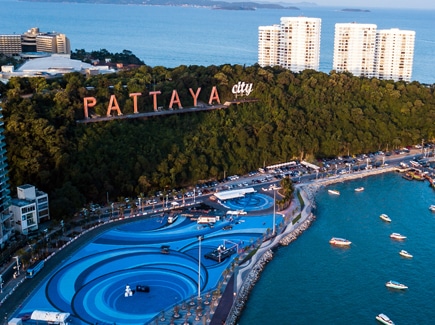
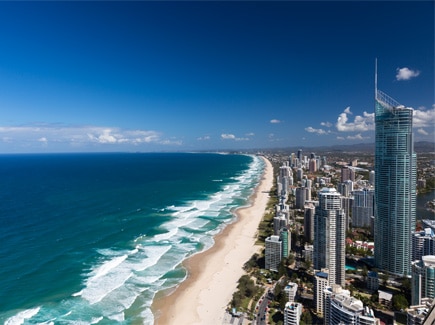
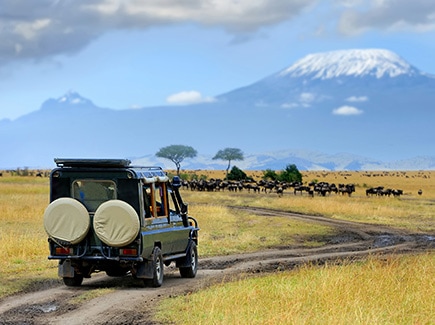
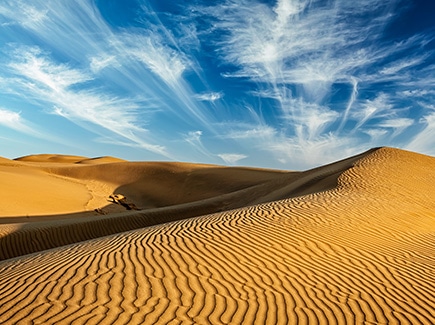








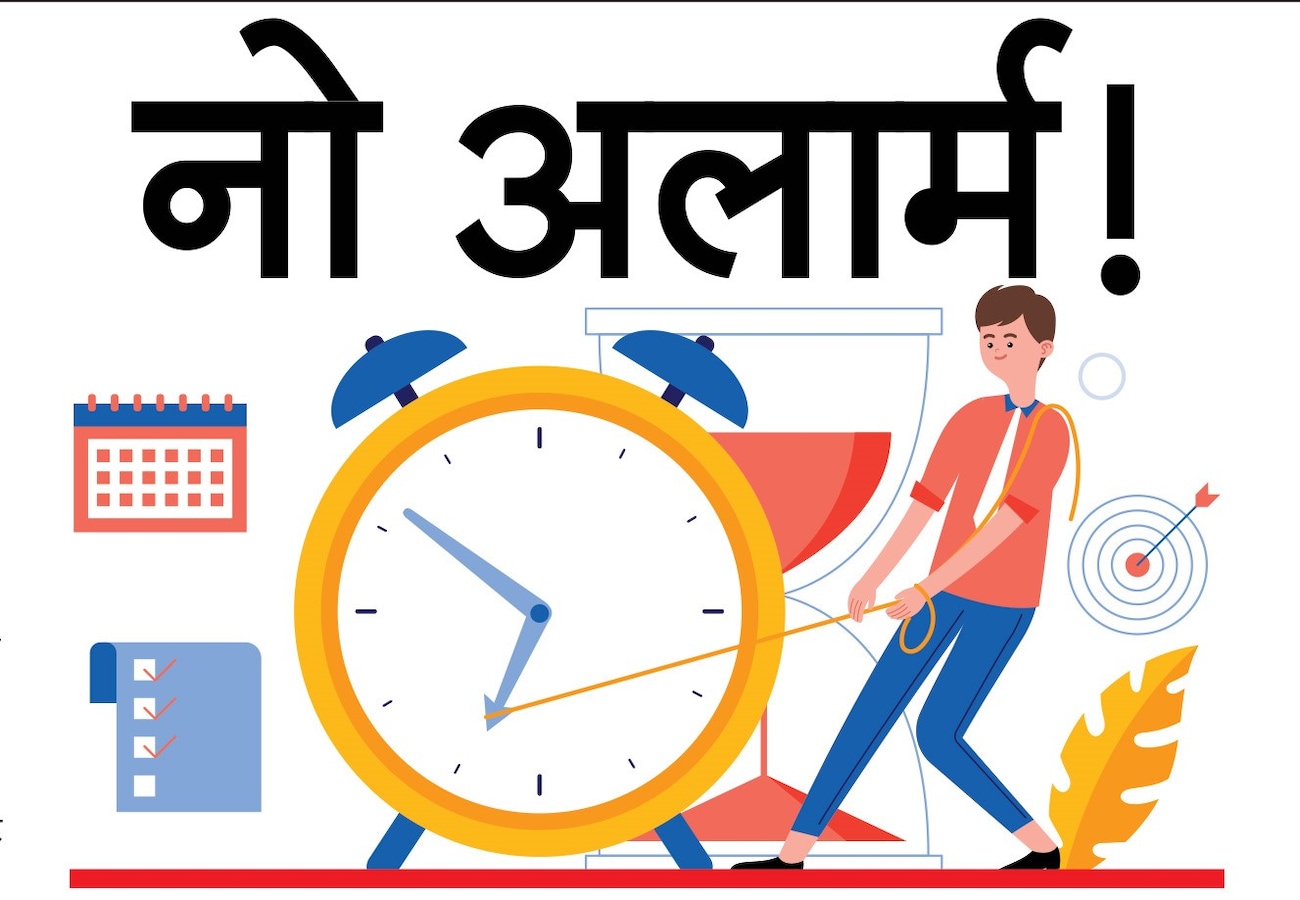



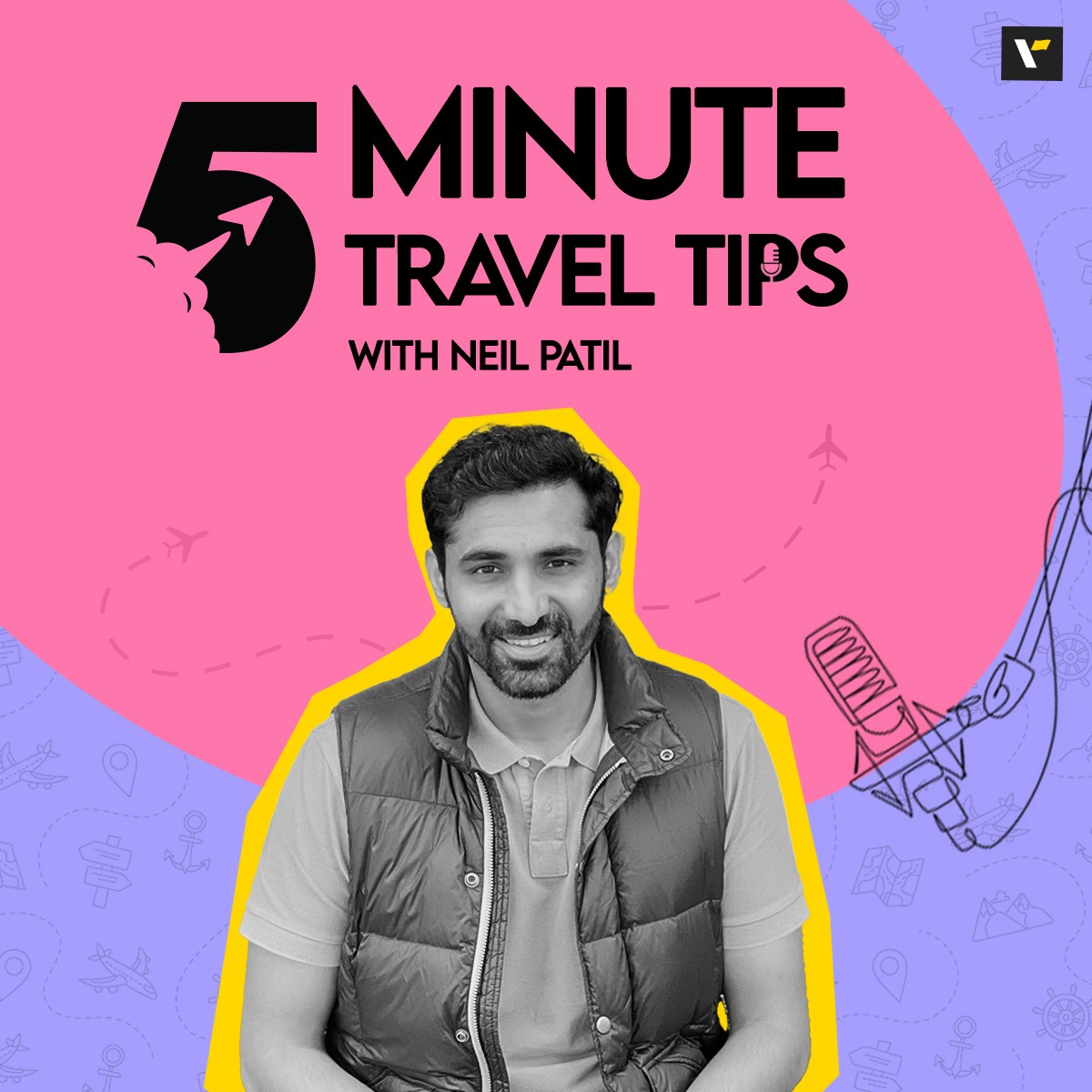

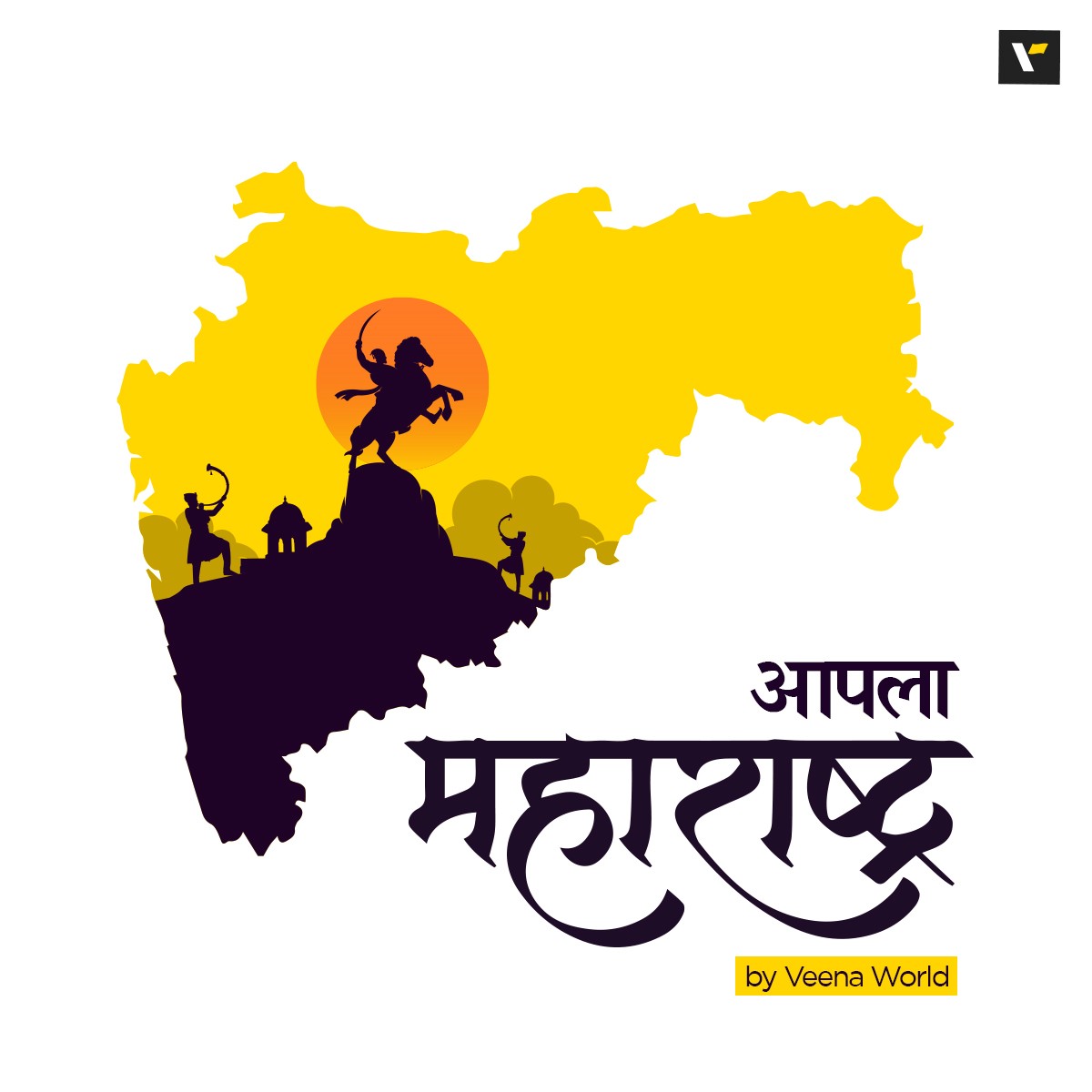
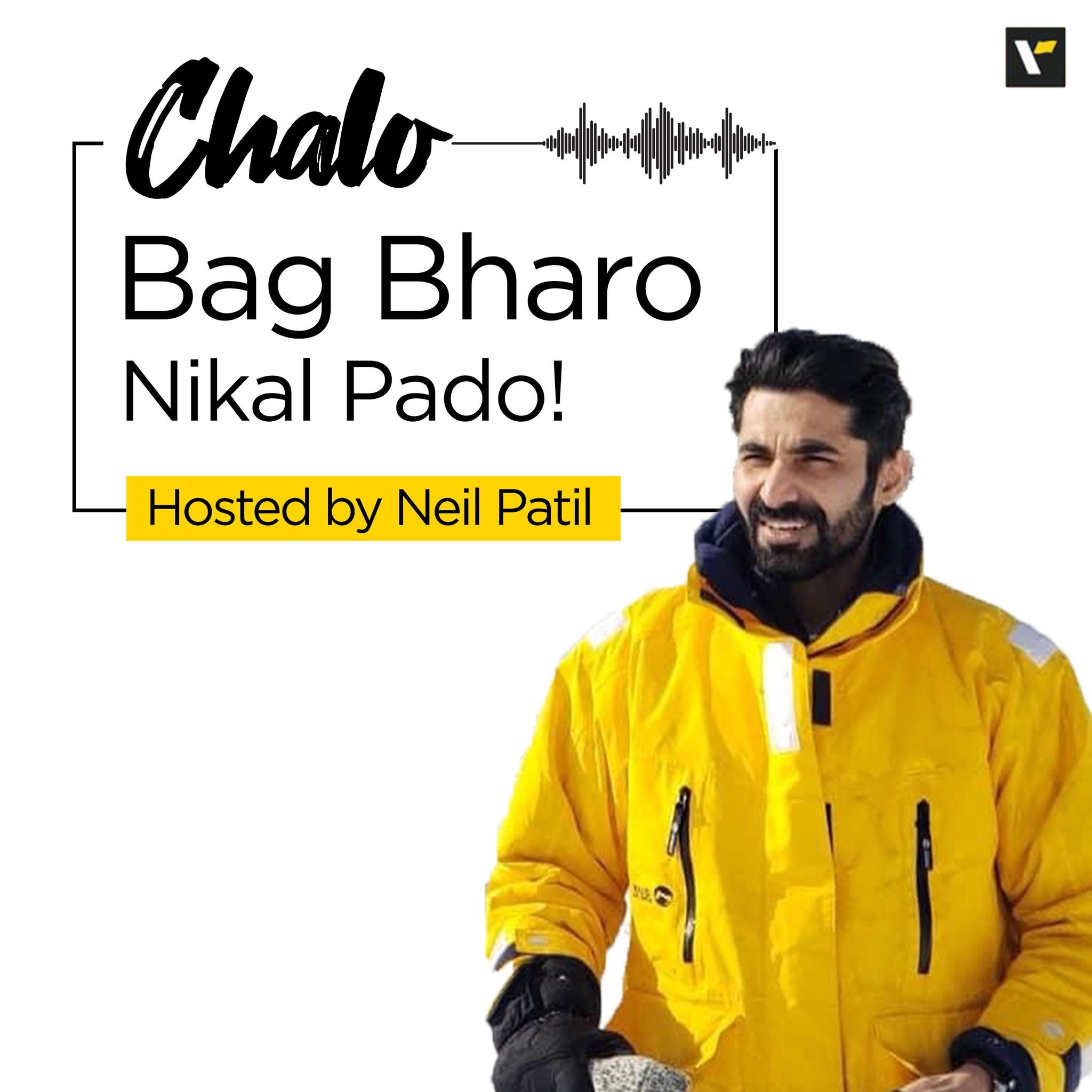
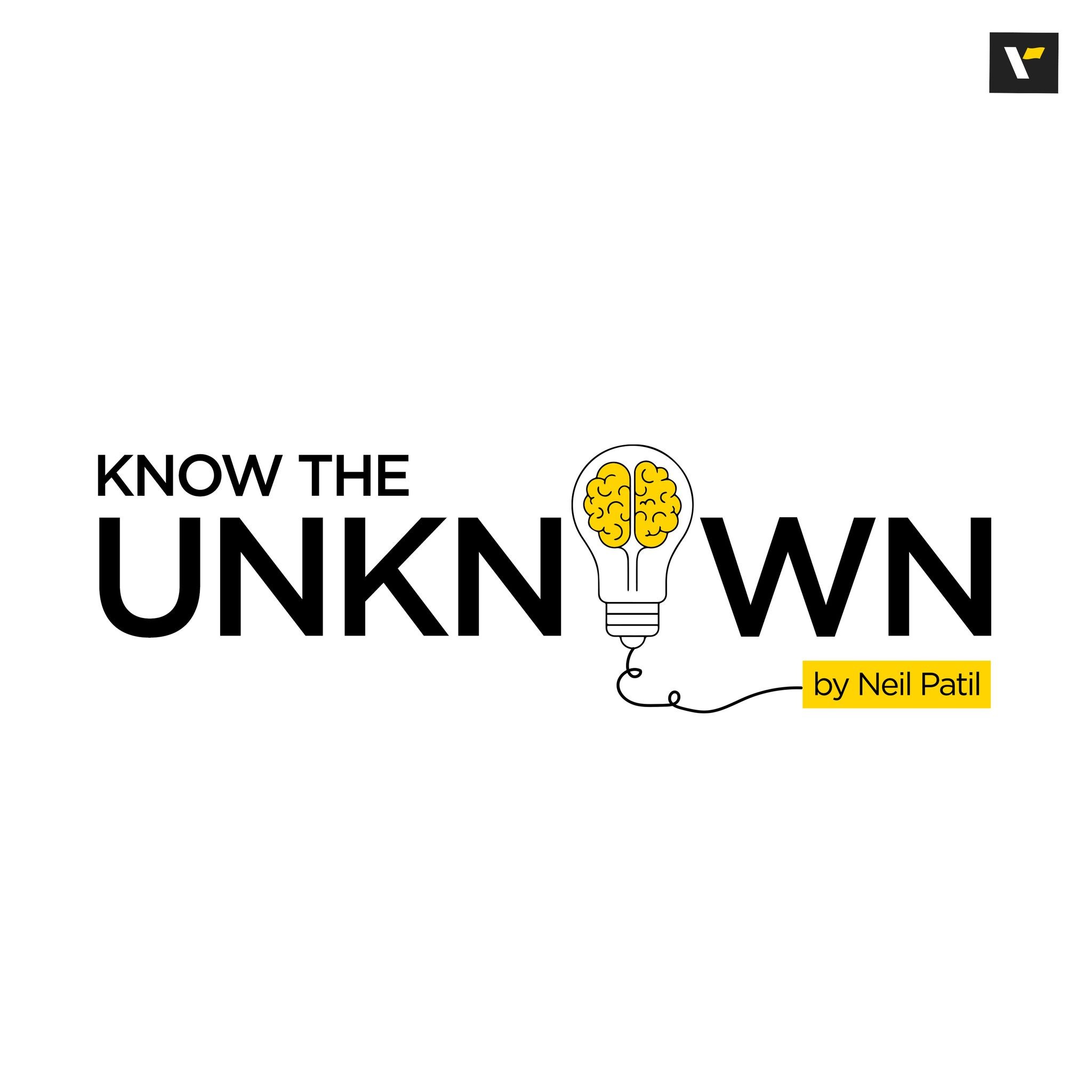
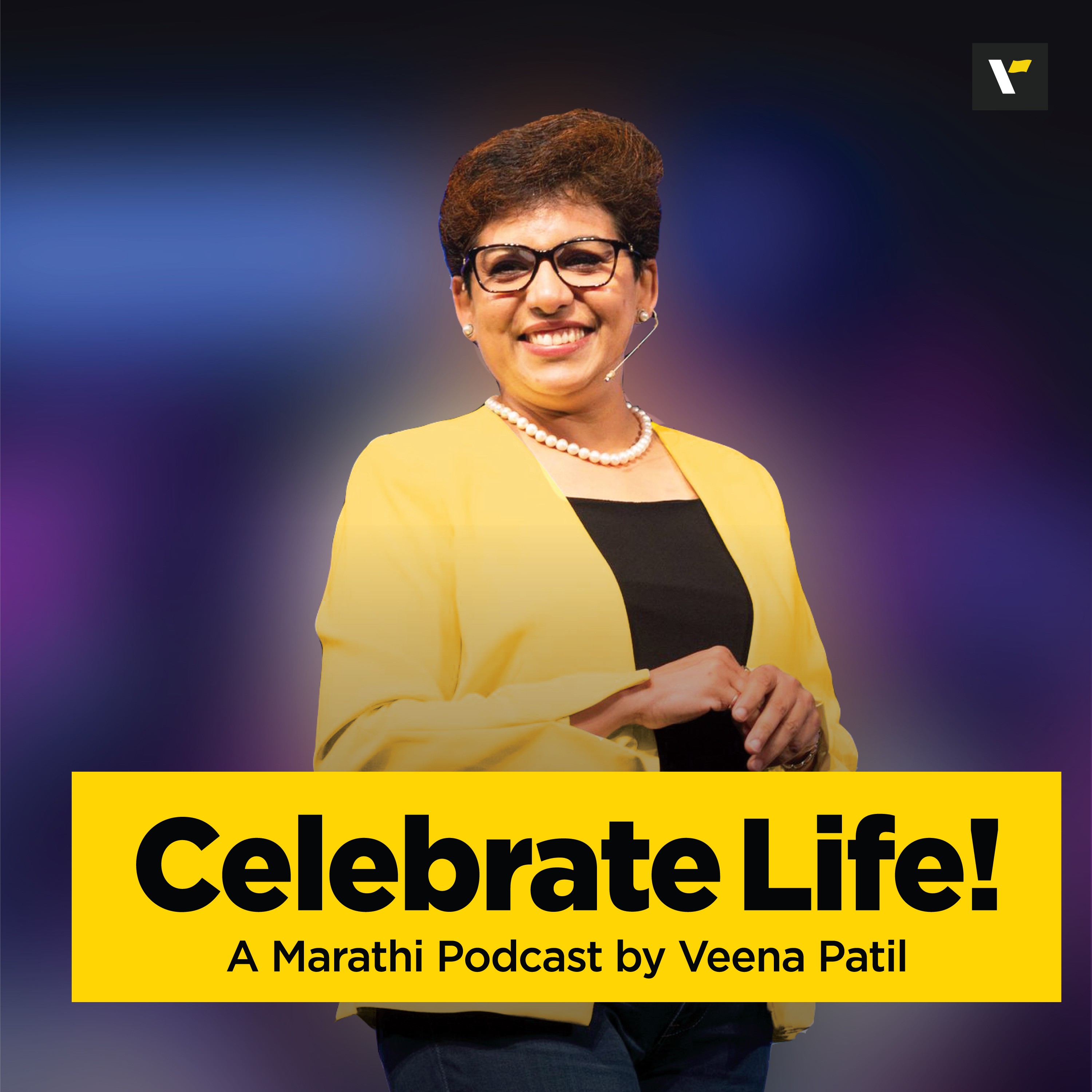










Post your Comment
Please let us know your thoughts on this story by leaving a comment.